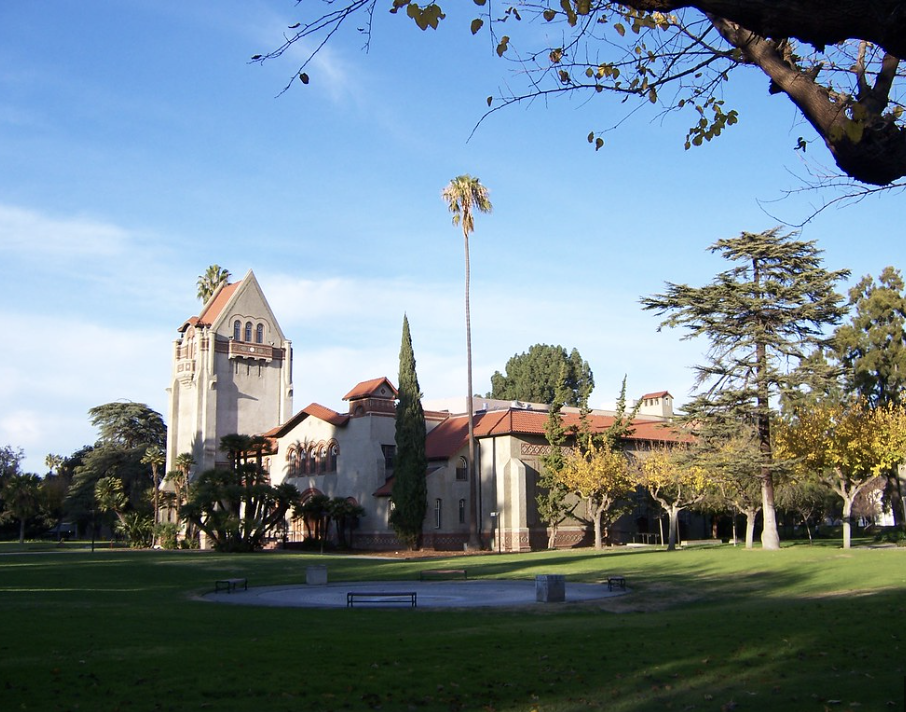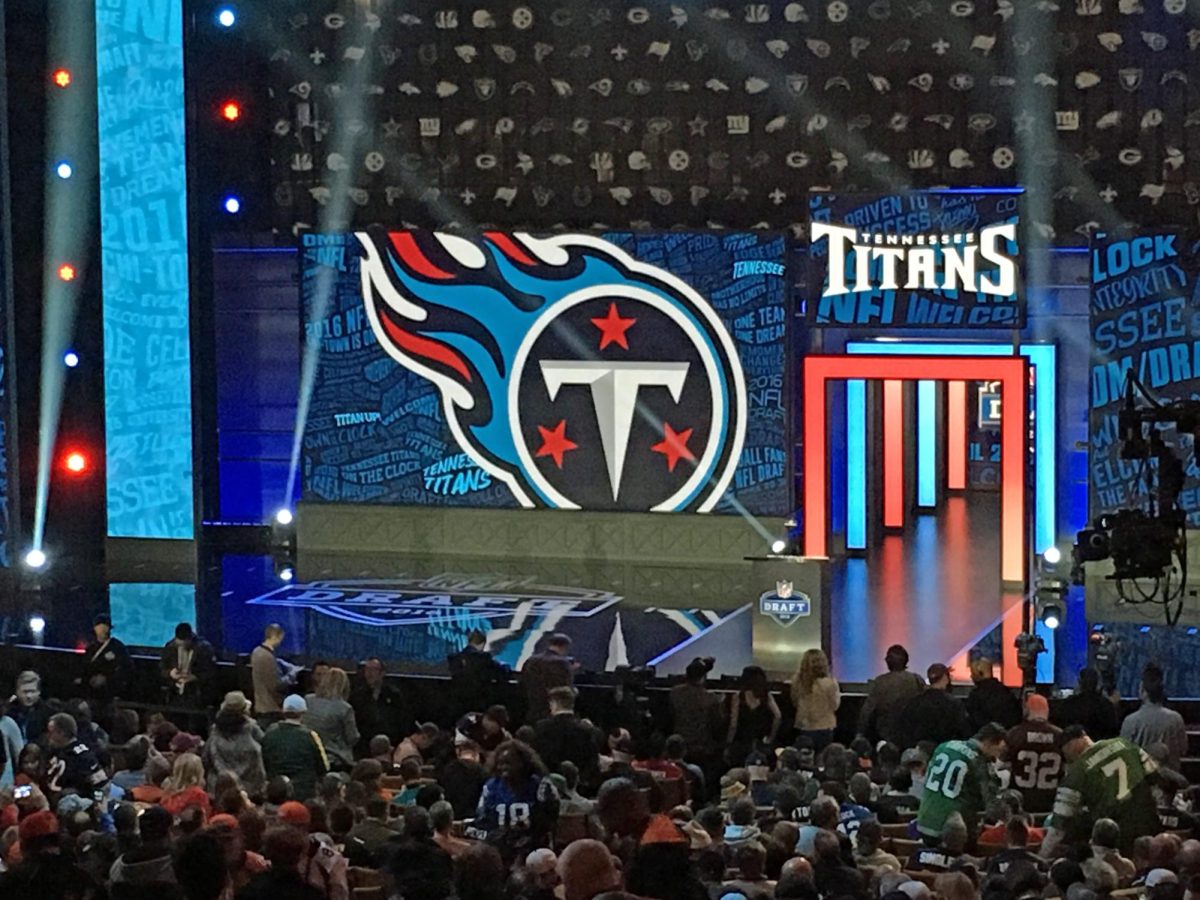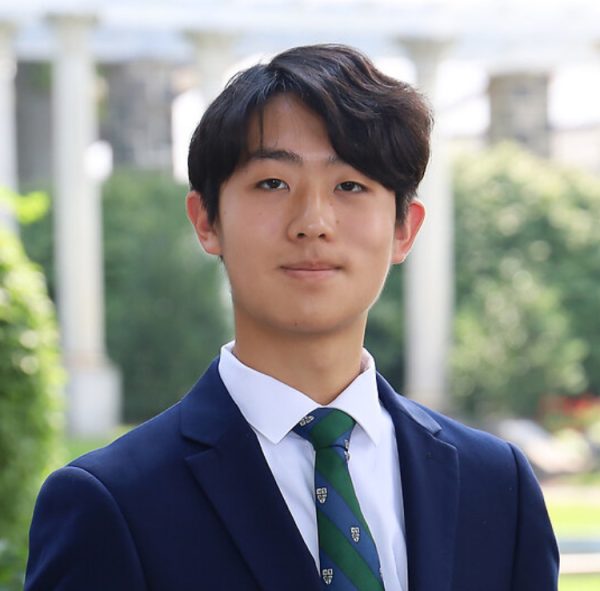Recently, California governor Gavin Newsom decided to ban legacy admissions at private universities within the state.
Previously, private colleges across the country have considered the influence of legacy when evaluating their applicants. By giving preference to those with alumni connections, they hope to maintain their endowment and donations, continuing to receive funding to both improve school facilities and further provide financial aid for less fortunate students.
In doing so, however, they have received criticism for unjust admission policies, especially in the wake of the Affirmative Action ban in 2023. Many people argue that Affirmative Action and legacy are two sides of the same coin; both influence the assessment of applicants without being directly related to the merit of the students, existing as something out of their control. Some, however, argue that the struggles of those from minority backgrounds or being raised and cared for by alumni warrant preference. Of course, colleges that practice affirmative action and currently uphold legacy bias do contend that all of their admitted students are highly qualified and fulfill the expectations of the admissions process.
This change in California will affect schools such as Stanford University and the University of Southern California. The change will not take place until the next admissions cycle with the incoming class of 2030. Other public California colleges, such as the University of California school system have already banned legacy preference in the past. Other states, such as Colorado, Illinois, and Virginia, have also banned legacy admissions at public institutions, but only the state of Maryland prohibits legacy considerations at all universities.
With the elimination of Affirmative Action, colleges such as Harvard and MIT did see notable changes in their racial distribution of the student body, with Hispanic and Black representation dropping for the class of 2028. Getting rid of legacy admissions may have a similar effect in terms of yield; many students may wish to go to the same college that their parents graduated from, so removing that source of interest could reduce the probability that accepted students choose to go to that university. However, it is unlikely to have as drastic of an impact as the loss of affirmative action has had on class diversity at the start.
As of now, other states and universities have yet to make official statements on how their policies may change in response. It will be interesting to see how this decision may change the national stance towards legacy admissions and affirmative action or if most schools will remain as they are now.

































